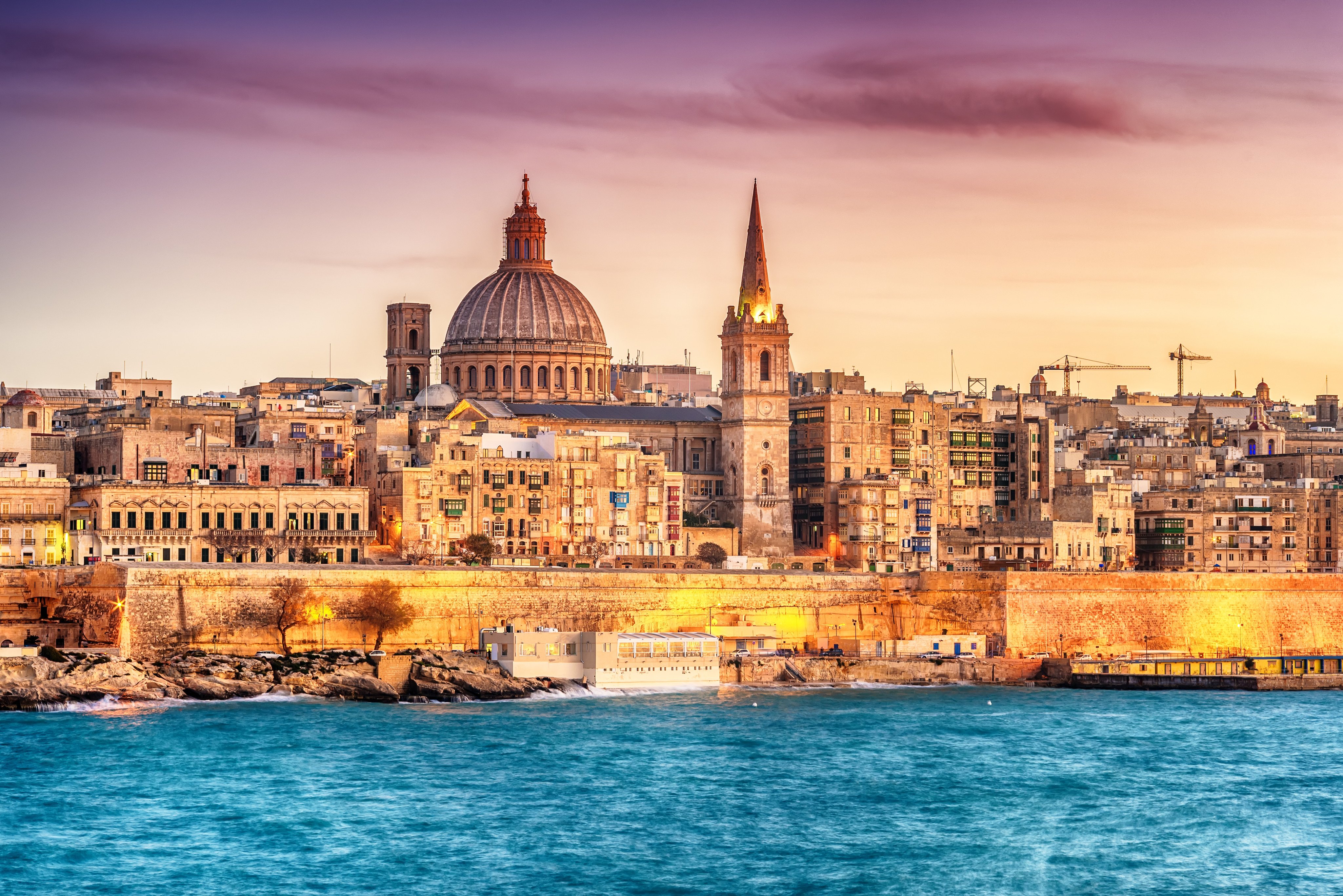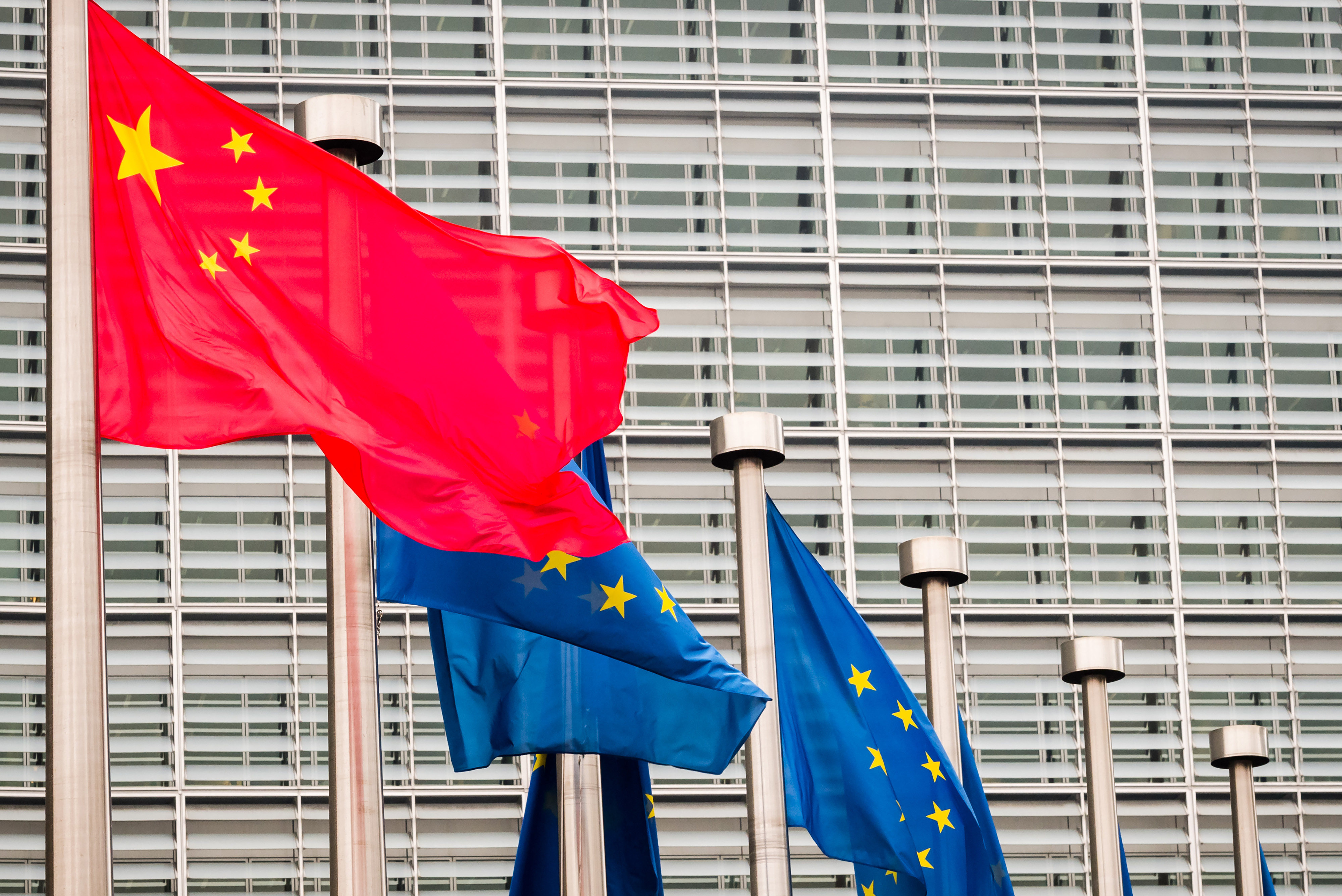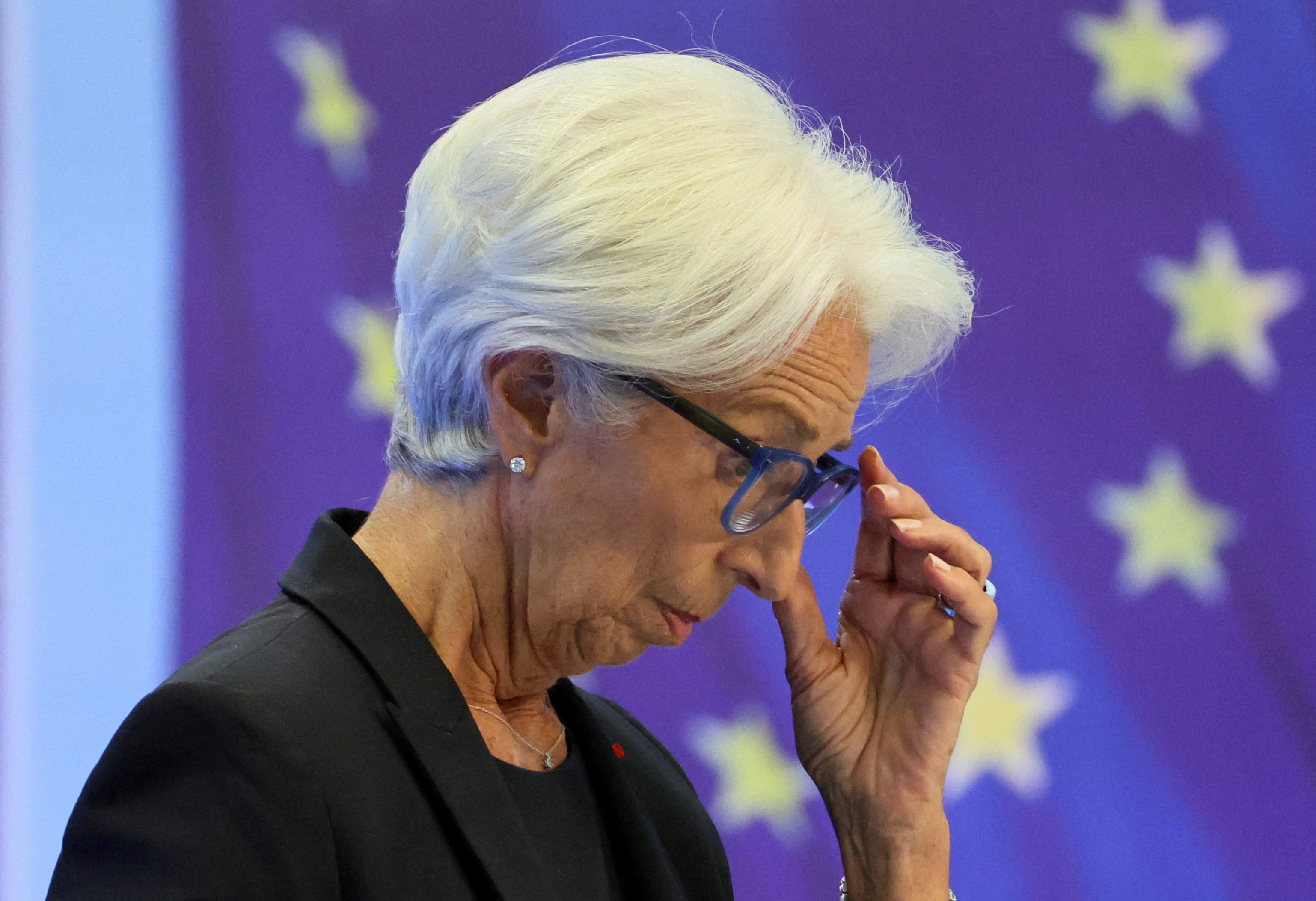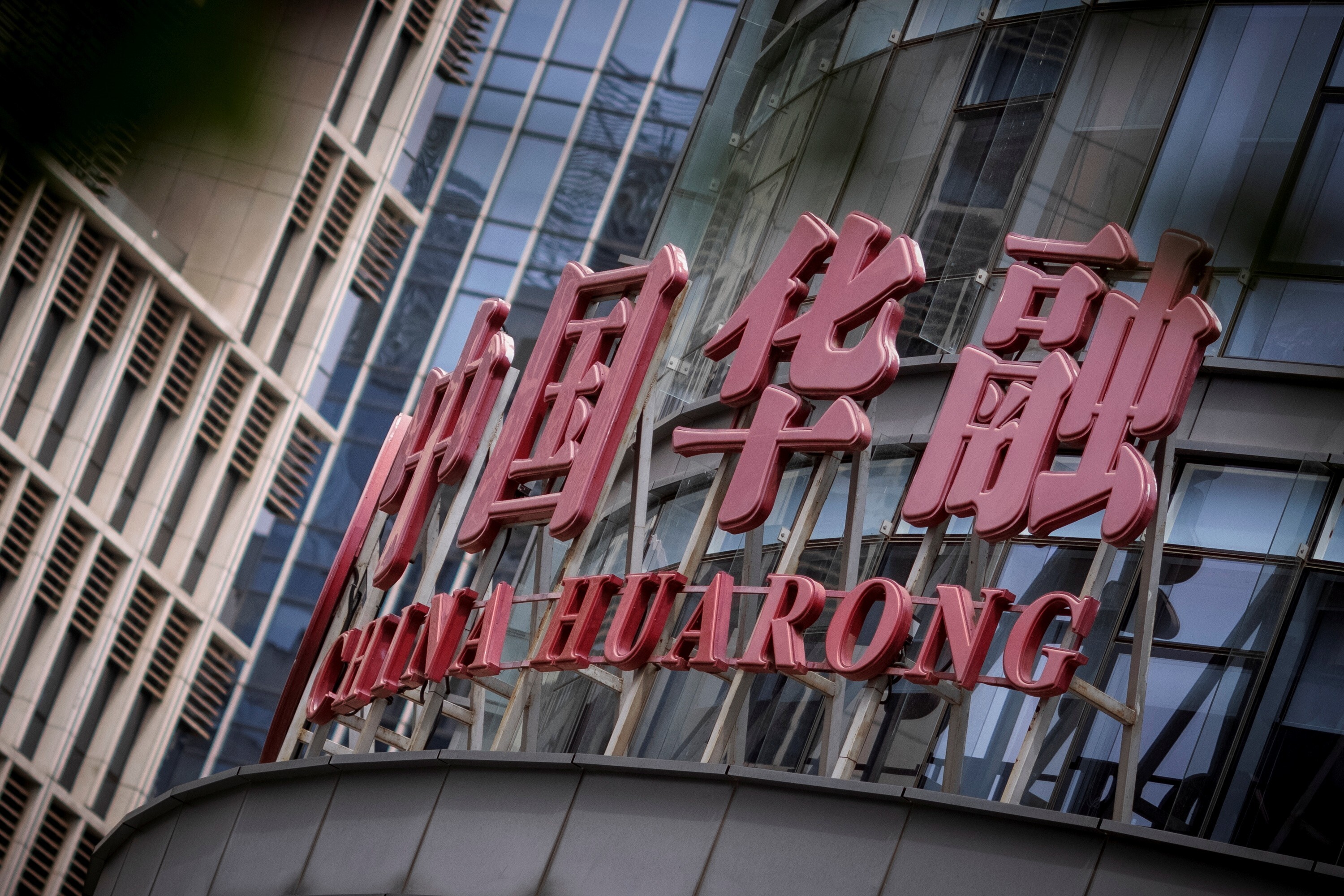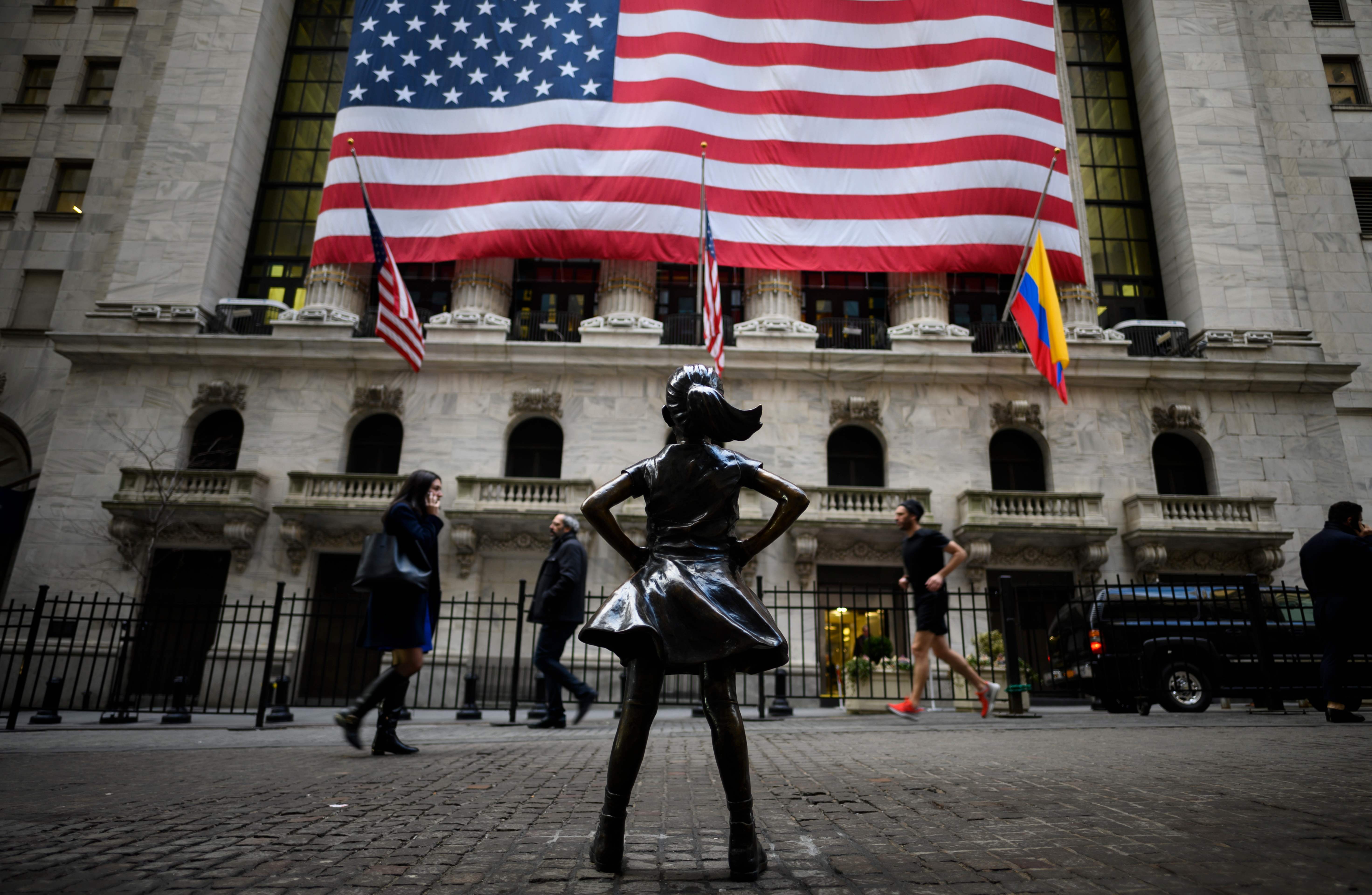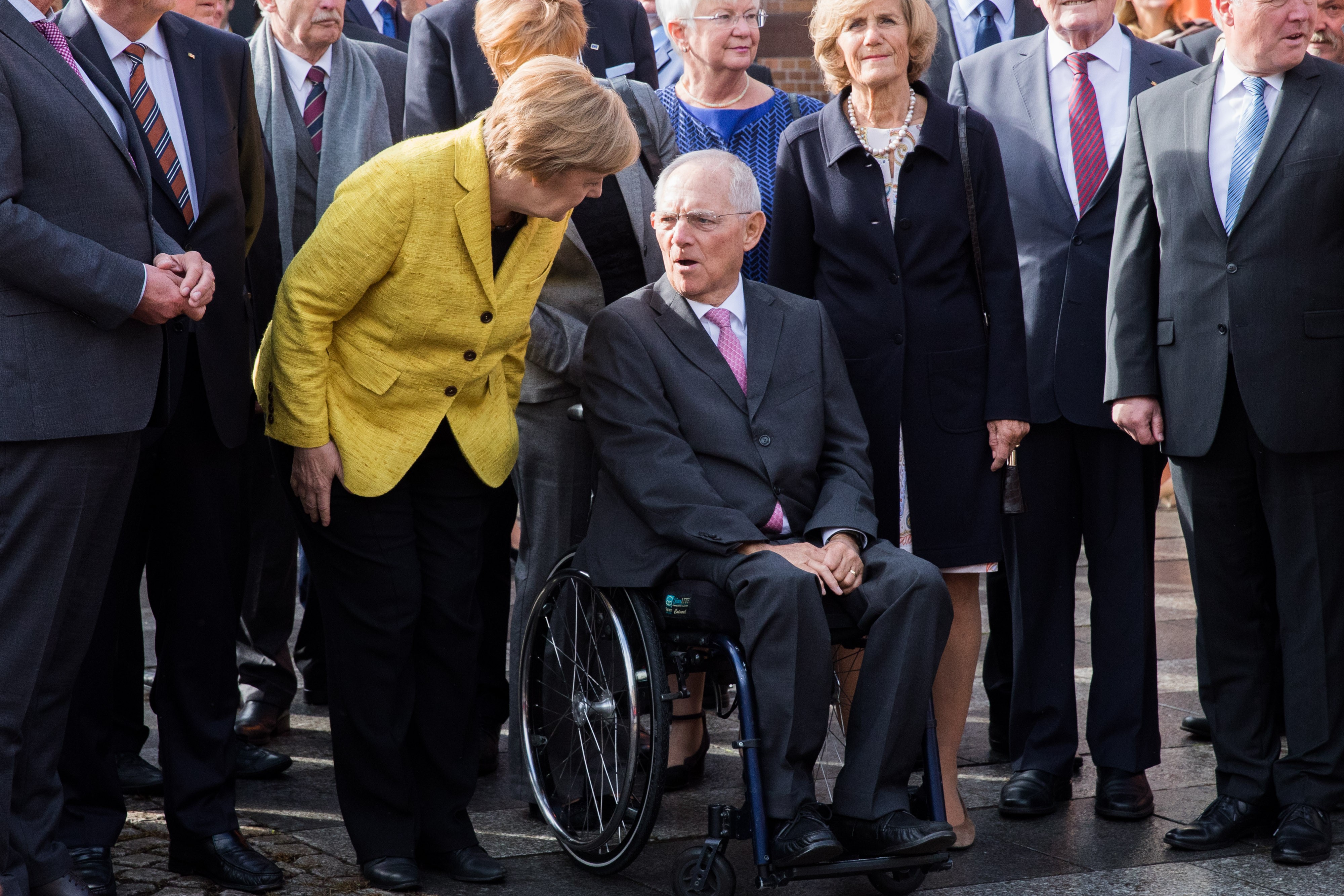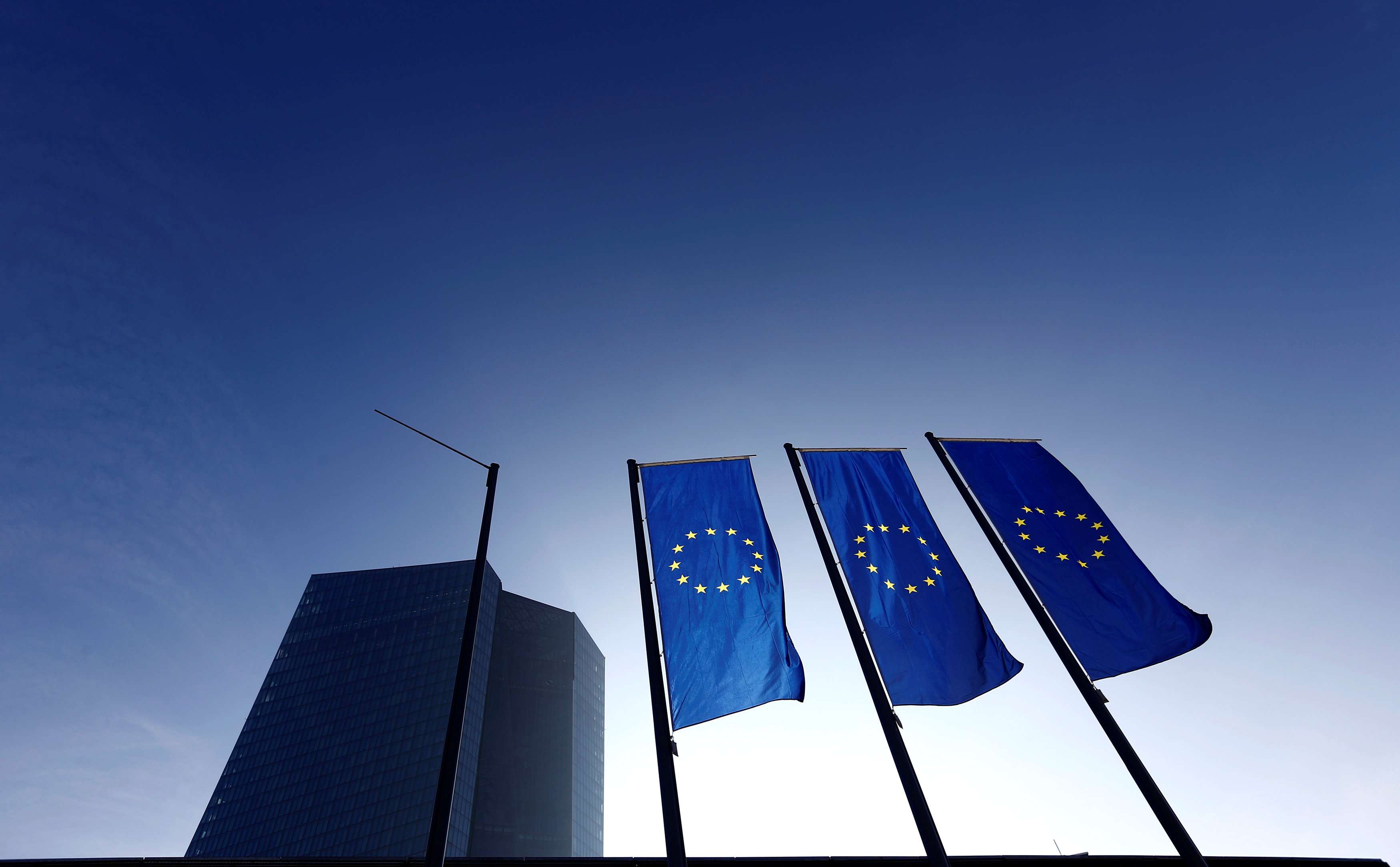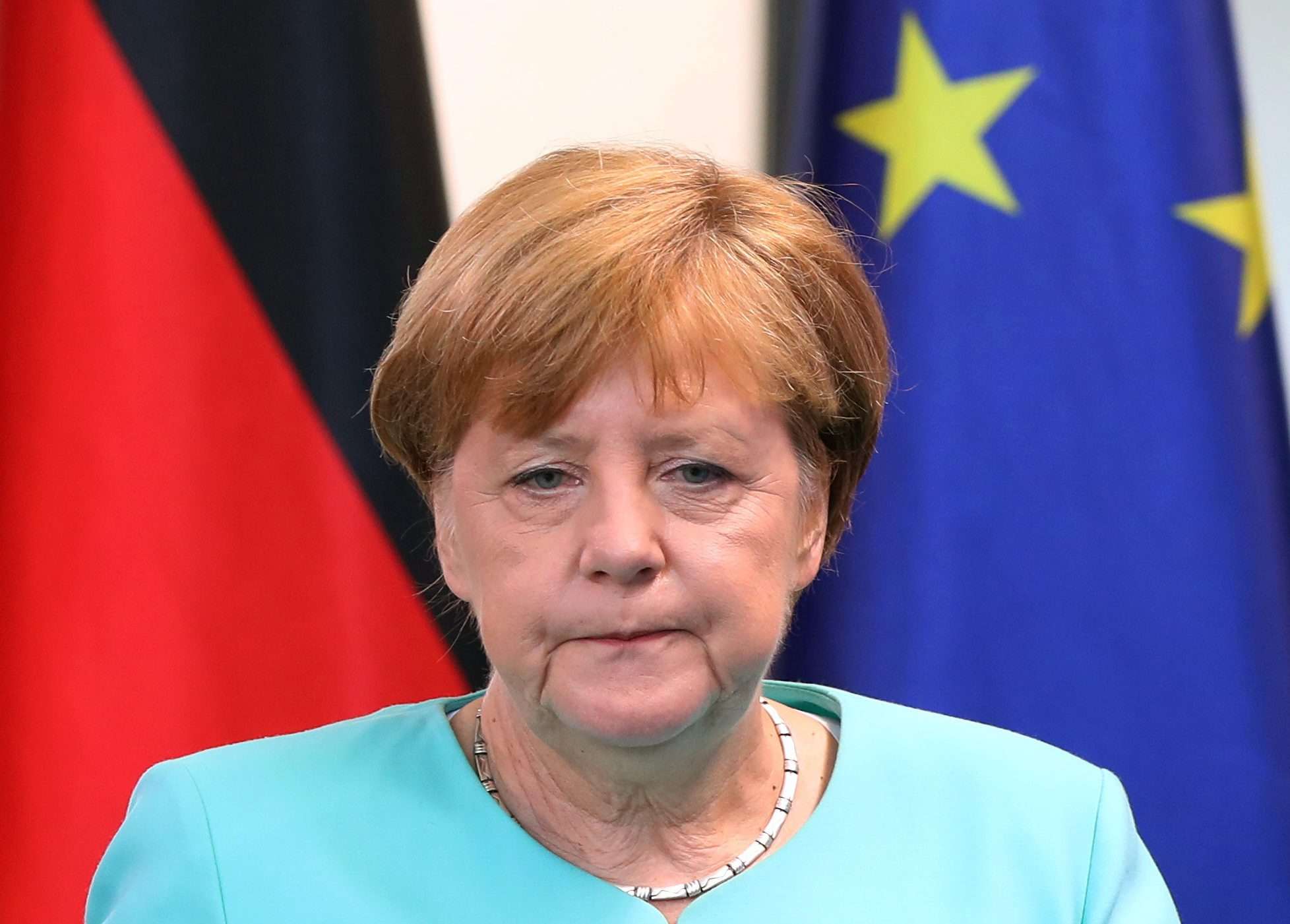Advertisement
Advertisement
TOPIC
Euro Zone Crisis
Euro Zone Crisis
The euro zone crisis was triggered in 2009 when Greece's debts, left by its previous government, reached a record 300 billion euros, leaving the southern European economy with debt levels more than four times higher as a proportion of gross domestic product than the official euro zone cap of 60 per cent of GDP. Since the original problems were uncovered, Greece has been bailed out twice, and lenders have also had to rescue Ireland and Portugal. In the latter half of 2012. Cyprus also required a bailout.
Advertisement
Advertisement
Advertisement
Macroscope | Why Asia, too, mourns Brexit and the end of the European dream
Asia has sought in vain for a euro-style regional currency to challenge the US dollar since the 1997 financial crisis. The euro, for all its faults, is still the only currency capable of opposing dollar tyranny. But now, with a weakened EU, even that dream is fading

Help preserve 120 years of quality journalism.
SUPPORT NOWAdvertisement
Advertisement
Advertisement
Advertisement
Advertisement
Advertisement
Advertisement
Advertisement
Advertisement
Advertisement
Advertisement
Advertisement
